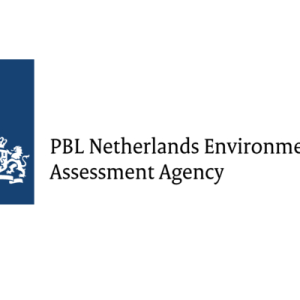
This report from PBL Netherlands Environmental Assessment Agency, co-authored by Table’s Jeroen Candel, analyses the current interface between science and policy for global food systems, identifies current gaps and weaknesses, and suggests options for improvement.
The authors focus on two roles for a potential new science-policy mechanism: first, closing the “knowledge gap” by assessing and synthesising diverse forms of relevant knowledge (and accounting for differing value systems), and second, closing the “policy gap” by achieving political buy-in so that governments make use of the knowledge that may be produced by the mechanism.
The report proposes five mechanisms for strengthening the science-policy interface for food systems:
- Creating an intergovernmental panel or platform, to act as an IPCC or IPBES for food.
- Commissioning an ad-hoc Intergovernmental Food Systems Assessment, i.e. a single assessment process to be carried out by an existing intergovernmental structure such as the FAO.
- Bolstering the HLPE (High Level Panel of Experts on food security and nutrition), which advises the Committee on World Food Security, with increased funding and political commitment.
- Strengthening the integration of (currently fragmented) governance, for example by developing international regulation of food systems.
- Seizing opportunities in the existing science-policy interface, by tasking existing organisations - either alone or together - with assessing and synthesising knowledge on food systems.
Read the full report, Reflections on the global science-policy interface for food systems, here (PDF link). See also the Table explainer What can be done to shift eating patterns in healthier, more sustainable directions?







Post a new comment »